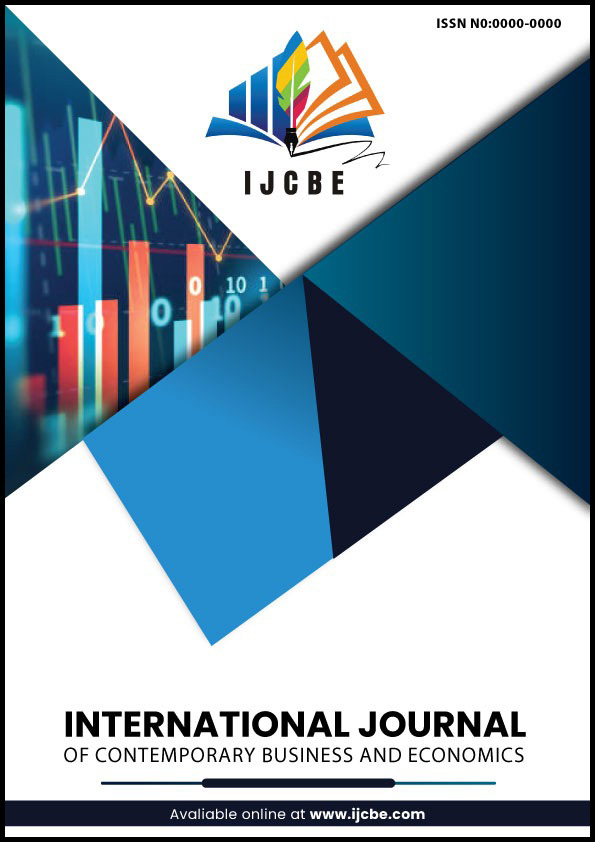Does Pakistan's Fiscal Deficit Curb Economic Growth? An ARDL Bound Testing Methodology
DOI:
https://doi.org/10.61338/ijcbe.v1i02.18Keywords:
Fiscal Deficit, Pakistan, ARDL, Economic GrowthAbstract
This study examines Pakistan's fiscal deficit dilemma with an emphasis on economic development. The ARDL technique was used to analyze secondary data from 1982 to 2020 for the study. The results suggest that fiscal deficits financed by debt may involve only the allocation of financial capitals from the private firms to the public sector and can hurt economic development. According to the study, Pakistan's fiscal deficit is the result of ineffectiveness in the tax structure and a high proportion of unproductive outlays, including security, debt repayment, and needless parliamentary spending. The research also includes recommendations for addressing the deficit problem. The primary objective of government policies is to restrict excessive domestic credit expansion to evade the contrary impact of fiscal deficit. Additionally, the authorities must reduce the loaning rate to encourage a vigorous investment climate, which will increase employment prospects and government income.









